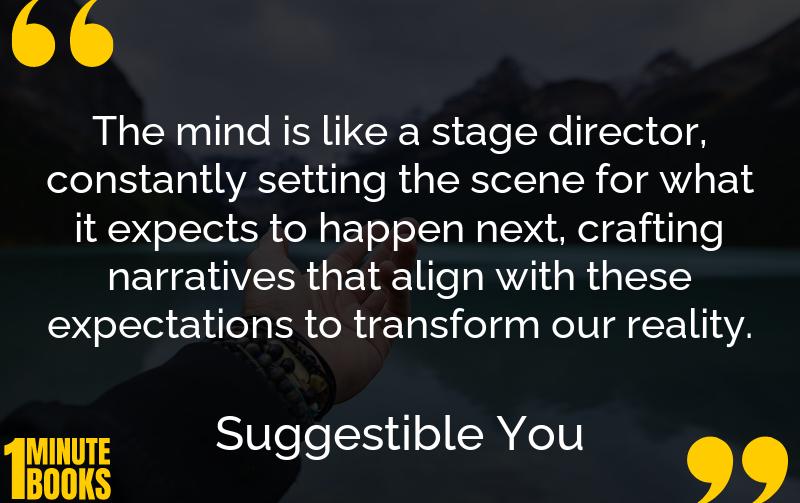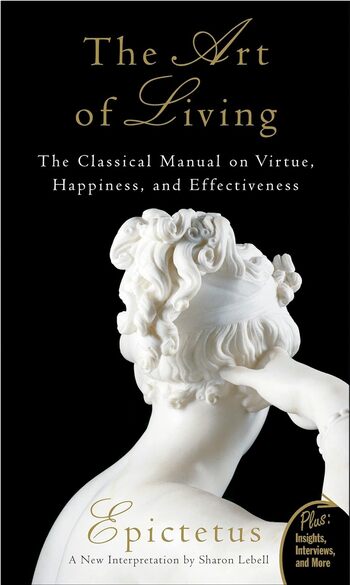
Erik Vance explores the mind-body connection, delving into the power of suggestion and how beliefs and expectations can alter physiological responses, influence healing, and shape memory.
Main Lessons
- Our beliefs and expectations can significantly influence our physical and mental health.
- The placebo effect showcases the power of suggestion, where even inactive treatments can yield real improvements.
- Chronic pain patients may find relief through their body’s own chemical response to placebos.
- Genetic predispositions might influence how individuals respond to placebos.
- The nocebo effect demonstrates how negative expectations can also cause real harm.
- Hypnosis reflects the power of suggestibility, offering pain relief and influencing perceptions.
- Memories are malleable, easily reshaped by suggestion to form false recollections.
- Everyday choices, like the taste of wine, are often unconsciously guided by expectation.
- The concept of addiction is closely tied to expectations and neural pathways of reward.
- Cultural stories and personal narratives can be harnessed to leverage expectation for self-improvement.
- Alternative practices should complement, not replace, proven medical treatments.
- Understanding suggestibility helps in differentiating beneficial from harmful effects.
- Cognitive awareness of the mind’s suggestibility can enhance wellness and personal growth.








